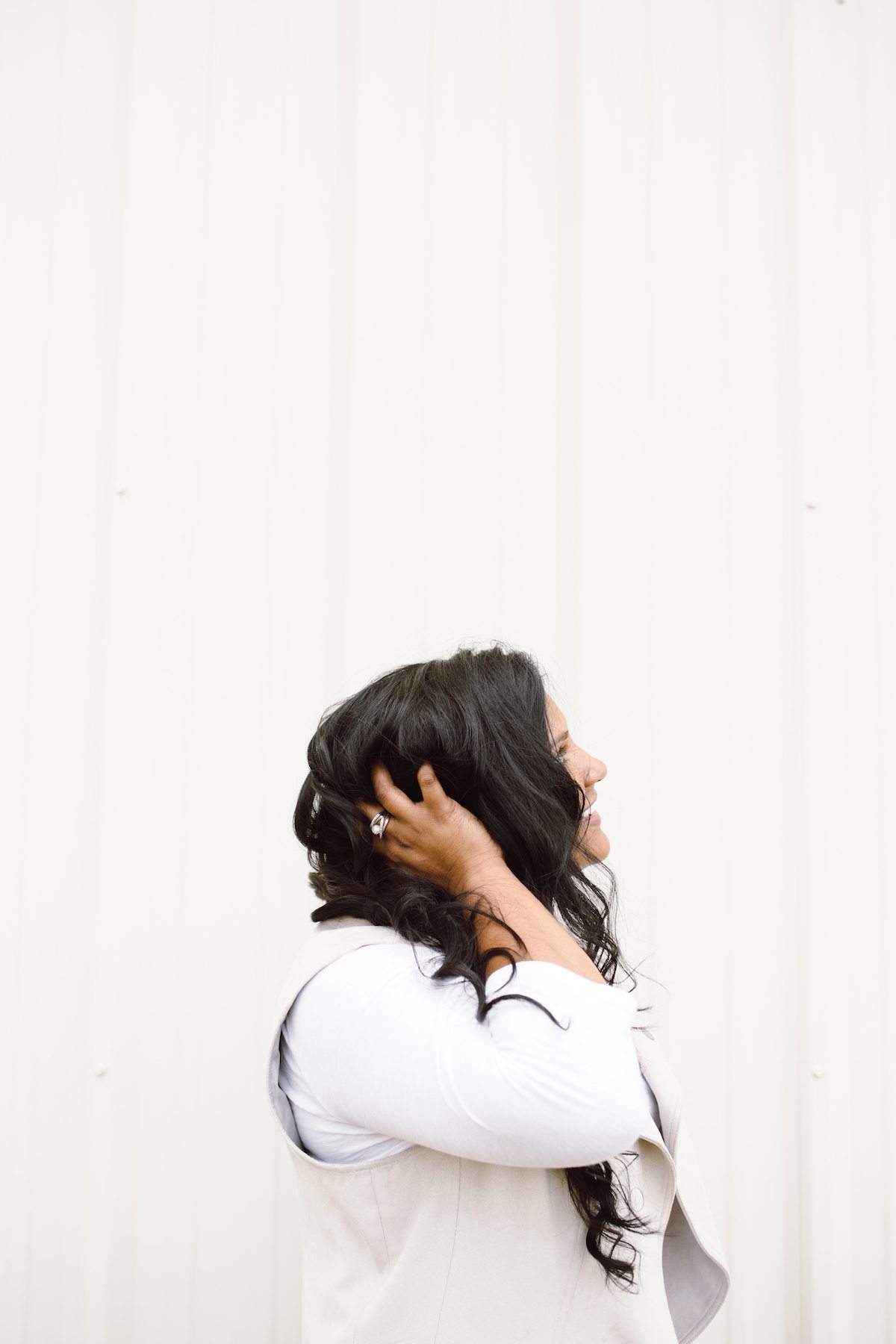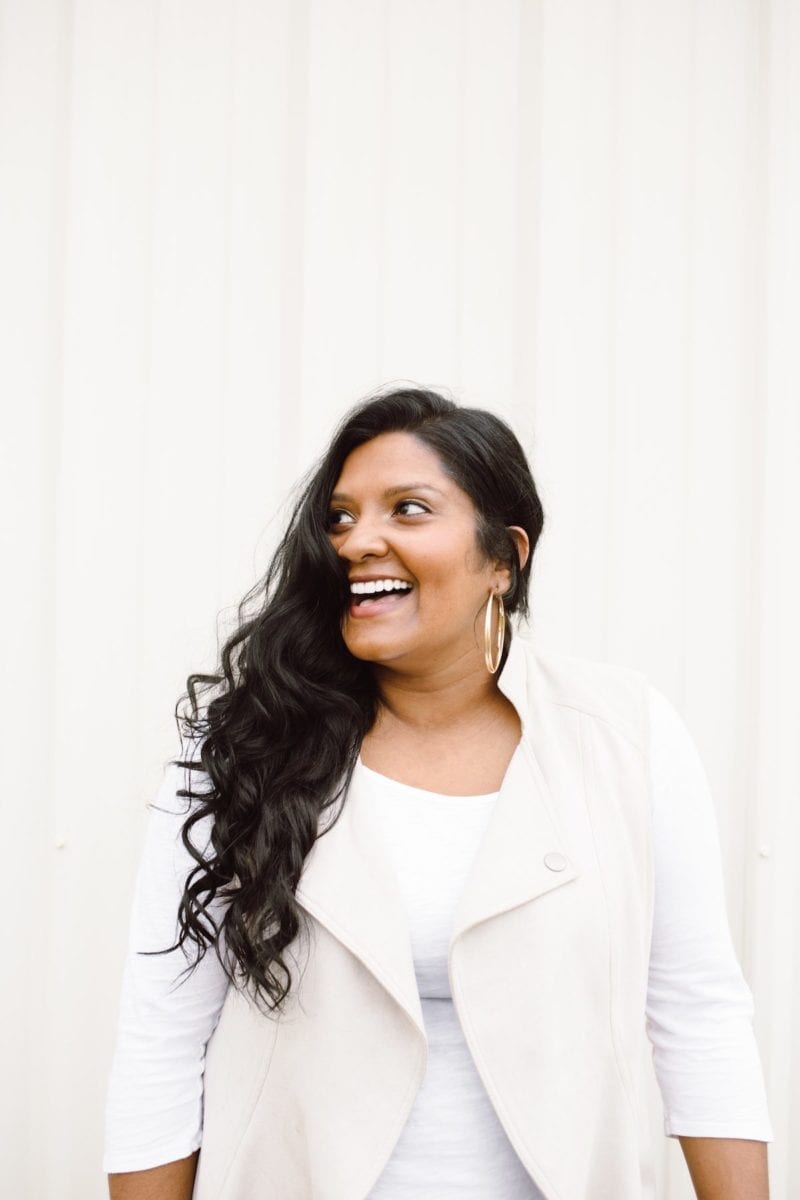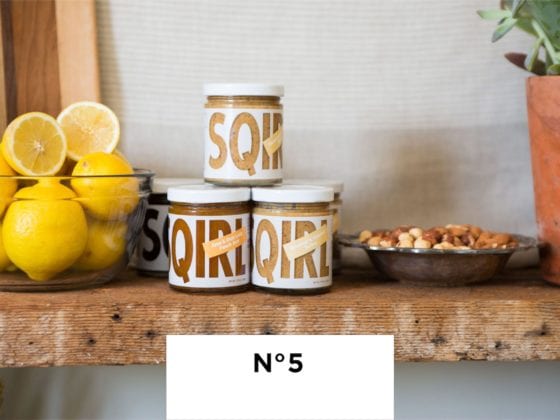Creative professionals thrive on choices, limitless opportunity and the freedom to explore. Creative people adore flexibility as much as they do options and don’t want to be limited by any nay-sayer. In the world of fake-it-until-you-make-it, many creative professionals desire to be flexible and get what they want when they want it. Sadly, that does not always happen. People get rejected in their personal lives and careers all the time and it can be depressing, frustrating and incredibly confusing.
To put it simply, being told “no” professionally can seem like a direct assault on one’s boundless imagination, a rejection of one’s dreams, desires and aspirations. It can feel like the door slamming on your face and give you the impression that you, or your creativity, is worthless.
However, what if being told no could be the best thing for your livelihood, profession and creativity? What would it take to assume so?
The hope is that by transforming your perspective on what “no” means, you can also be more open to opportunity and access more of your potential.
Here are a few things to know about a “no”:
A no is not personal.
A knee-jerk reaction to someone who said no to an idea of yours is to blame yourself. It can be hard to distinguish whether that no is personal or not, so assuming that it’s professional might prevent you from creating a negative environment of self-belief. At first, you might force yourself to believe something that makes absolutely no sense because, emotionally speaking, it hits you personally.
If you decide to embody the idea that a no isn’t personal, guess what might happen? You might actually feel less stress and anxiety around things that you cannot control. And, if that did not convince, consider the possibility that your colleague/collaborator or boss might respect you for being less reactive and perceive you as more confident in your abilities.

A no could lead to greater focus.
Those who work in creative professions are known to innovate. The only issue with that is that many can often over-ideate and have trouble when it comes to focusing on just one of those ideas. To gain clarity, it’s critical to narrow down options.
When someone says “no” to an idea of yours, view it as an invitation to reconsider and focus on another creative possibility. The action it takes to achieve a final product requires 60 percent yes and 40 percent no. That is to say, creative people need to have a minimum number of no to get to the yes that is sought. In effect, a reversal to no could mean that it is “on” for something in the future. Perhaps the project/product requires you to see things from a different perspective or be more flexible in order to make it happen.
If you decide to embody the idea that a no isn’t personal, guess what might happen? You might actually feel less stress and anxiety around things that you cannot control.
A no could help your self-preservation.
It’s not all about people saying no to you. You can say no to yourself, others and the various tasks at hand.
For example, creative professionals, especially women, are some of the busiest people alive. Not only do they have commitments to themselves, loved ones and their survival, but many are trying to maintain their creative identity and artistic practice to some degree. This causes a lot of burnout because they are attempting to do it all and spinning their wheels in the process. In this case, saying no to yourself is about putting a stop to mental patterns and exhaustive behaviors that impinge on creative flow and impact your ability to make good decisions.
As a final note, no leads to more yes because obstacles are part of the art of living. If all of human existence appeared to be a plateau, it would be flat and without the structures of challenge to aspire to. Simply stated, no is the obstacle you need to inspire your creative potential and tread the path toward personal growth.
When has a “no” led to a greater “yes” in your career?
Images via Zoey Jean












7 comments
This is what God has put in my heart all vomited into an article!! YAy!
If you don’t ask and risk a “no”, you will never know the status of your idea. It is tough to lay yourself out there but the benefits are great. Nothing ventured, nothing gained.
It is tough to lay yourself out there. I love that saying though: nothing ventured, nothing gained. Thanks for reading the article. – Diana
thanks for your article. it’s very helpful
Thank you for taking time to read it!
I think “no” is always better than no answer/uncertainty. You’ll know what you’ve done that isn’t good enough or wrong or otherwise, and you’ll have more clarity in which direction to go.
–
Charmaine Ng | Architecture & Lifestyle Blog
https://charmainenyw.com
That’s exactly right, Charmaine. Direct answers brings clarity and the more clarity, the better!
Thanks for reading!